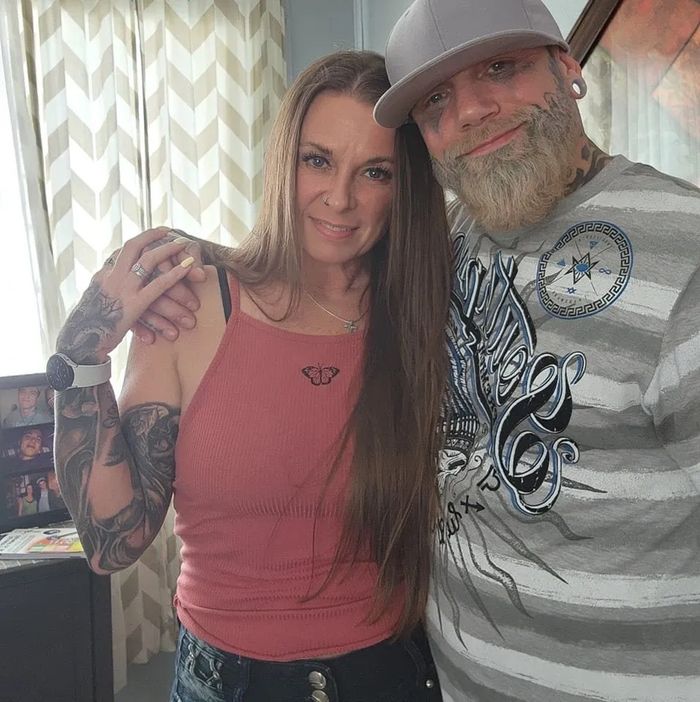Restorative & Life Recovery Coaches

Restorative & Life Recovery Coaches
Peer Coaches
Motivational Speakers/Teachers
Rehabilitation Advocates

Restorative & Life Recovery Coaches
Peer Coaches
Motivational Speakers/Teachers
Rehabilitation Advocates

Inspire others to be the best they can be

Help others tap into their true identity, igniting their purpose, talents and gifts

Invest in others to help them see their worth
Restorative justice is a form of justice in which the response to a crime is to organize a meeting between the victim and offender, sometimes with community members and support persons for both the victim and the offender. The goal is for them to share their experience of what happened, to discuss who was harmed by the crime and how, and to create a plan for what the person who has caused harm can do to repair the harm from the offense.
On August 14, 2018 I sat down with Joshua Beebe, the man who killed my son Christopher. It was hosted by Van Jones with CNN and filmed for a docuseries called .The Redemption Project.. My episode, A Mother's Justice, was aired May 19, 2019.
The years prior to the dialogue I had gone through my own process of healing despite the knowledge of knowing Joshua had not yet been accountable for killing my son. Forgiveness and letting go was a huge part of my healing. I still wanted to meet with Joshua with the hope he would come to a place of accountability and go through a process of healing himself. Many did not understand my thinking or why I was willing to "put myself through that".
The general response to crime is that of a retributive approach. It is played out in our criminal justice system, correctional system, prisons and probation and parole. The belief that revenge, making someone suffer and abusing them to make the person change is flawed; it actually does more harm and puts our communities at risk for future crimes and high recidivism rates.
Holding the offender accountable for crimes they commit is essential. But in that accountability there needs to a rehabilitative process to prevent further harm to others. Restorative justice practices opens the door for the offender to go through a process of transformation. This reduces the risk of re-offending and gives permission to the offender to forgive themselves and break free from the shame and guilt attached to their crime.
A restorative process for a victim can help them move through their own steps of grief. Every persons process is different. Some may not be able to forgive, some may be willing to forgive and some may fully forgive. The hurt, anger and pain that comes along with crime can be confusing and like a roller coaster. The restorative process is exactly that: A PROCESS. The results are different for each survivor of a crime.
Restorative justice is much more than just a meeting and a circle. The United States approach to crime has been one of a retributive approach. Currently we have 5% of the world's population but we have 25% of the world's prisoners. 2.3 million citizens are locked up in America, over 4 million on supervised probation/parole and currently we have about a 76% recidivism rate nationwide. This is proof our current system is not working. The reason for this is due to laws, policies and the belief that making someone suffer for a poor choice will make them change. This is called "retributive justice". Restorative justice focuses on diversion programs, rehabilitation, investing in individuals, rehabilitation, education, meaningful reentry and changing the culture inside our prisons and our probation/parole system. This also means taking a different approach on how correctional staff are trained and treat incarcerated and supervised citizens. Restorative justice highlights and focuses on the strengths of offenders to divert and change their belief about themselves and inspires them to embrace their identity based on their strengths and talents. This creates safer communities and reduces the costs of incarceration. Norway, Germany, Portugal and other countries have successfully used restorative justice practices and harm reduction; the results have been phenomenal and the data and statistics have been astonishing.
ON ANOTHER NOTE:
As you read you see the word victim and offender used many times. I honestly don't like using those terms. I personally feel it is a label that places a specific identity attachment that appears negative. Now, that is just my opinion and it is based off my personal experience. I think it is important to change the language surrounding crime and labeling a person. I believe in order for healing to take place and restorative justice to be successful we must also change how we view people and how we treat them. Today, I refer to Joshua as someone who has caused harm but is redeemable and I refer to myself as a survivor.

Joshua Beebe and Terria